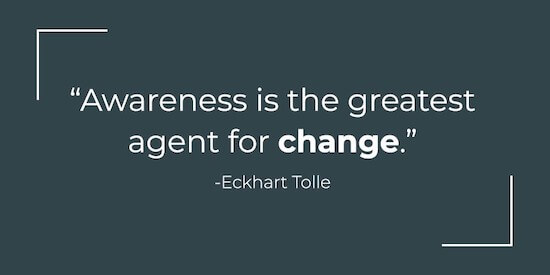
Today I began a new mentoring network with a fellow member of ICAS (Institute of Chartered Accountants in Scotland). As I almost always do in such a first meeting, I taught a simple model to bring awareness to five management skills that we tend to use instinctively, but in understanding these more distinctly we can choose which to use (and which to offer to others) with more awareness.
Consider when one of your team asks to speak to you about something, think about what you are looking to help them with.
- Do they simply want your expertise to quickly answer a question when they are pressed for time (this is CONSULTING)
- Do they want you to teach them how to do it for themselves? (TRAINING)
- Do they want you to give them advice based on your experience? (MENTORING)
- Do they just need to share or vent what they are going through ? (FACILITATION)
- Do they want to take time with you to help them work out the solutions for themselves? (COACHING)
Once you choose to bring awareness to these five management skills, then when someone comes to you with something you can ask them specifically what role they would like you to play for them, what they would like you to do or to be.
There are many layers of distinction in these roles, but let me give you just two today.
- ASK or TELL.
- When deploying the skills of Coaching and Facilitation, you only ever ASK questions. Note that does not mean that a Coach only ever asks questions, but when they are actively coaching, that is all they do.
- However, in Consulting, Training and Mentoring, it is about TELLing, about telling you what to do based on their expertise
- INDEPENDENT or DEPENDENT.
- COACHING is a relationship where the Coach must maintain a high level of independence of thought in order to help you reach your outcomes through the coaching process.
- FACILITATION is also about being independent, though pure facilitation is a process in and of itself, it is about making sure everyone is heard and thoughts shared. It is not about any particular outcome
- MENTORING is seeking to create an independent relationship by sharing of learnings. However, in my experience, the best Mentoring relationships are INTERDEPENDANT, in that both parties learn and are energised by the relationship. This post is a great example, as the mentoring call today reminded me to share Five Management Skills in today’s post
- TRAINING is about creating an independent relationship through transfer of skills
- CONSULTING maintains a dependent relationship. It is about paying an expert for something you don’t know. This can be as simple as the mechanic who services your car. As a personal example, I have been training on equipment Pilates for over a decade, but I do not know how to change the coloured springs., as I have always done my training with a personal trainer who does this for me.
So, when someone (literally or metaphorically!) walks into your office and says “have you got a few minutes?”, you can now bring consciousness to whether they want you to:
- CONSULT
- TRAIN
- MENTOR
- FACILITATE
- COACH
PS literally as I was drafting this post I received a phone call from someone close to me who had an unexpected requirement given to them, which was to move some bulky furniture out of a room in the next few days before a tradesman comes in to do some work. This was unexpected and now a hassle to find the right person to move it and that is available quickly. I was about to leap into “solutions mode” and offer to help but stopped myself. I asked if they wanted my help or had just called to share that they were irritated. They replied, “yes, just irritated, and now I’ve shared it I’m done now, I’ll make some calls later”. Being aware of five management skills brought clarity and quickly 😉
